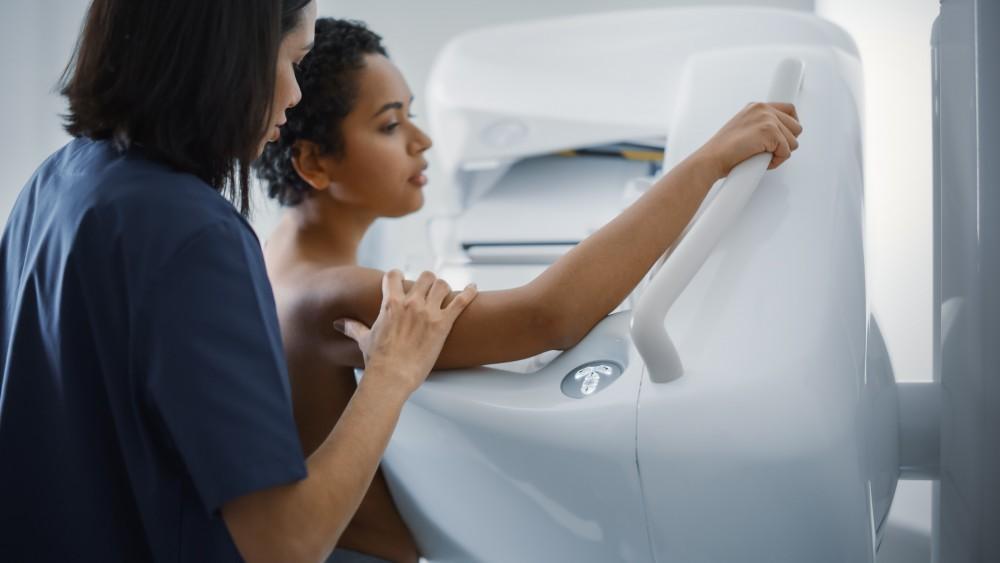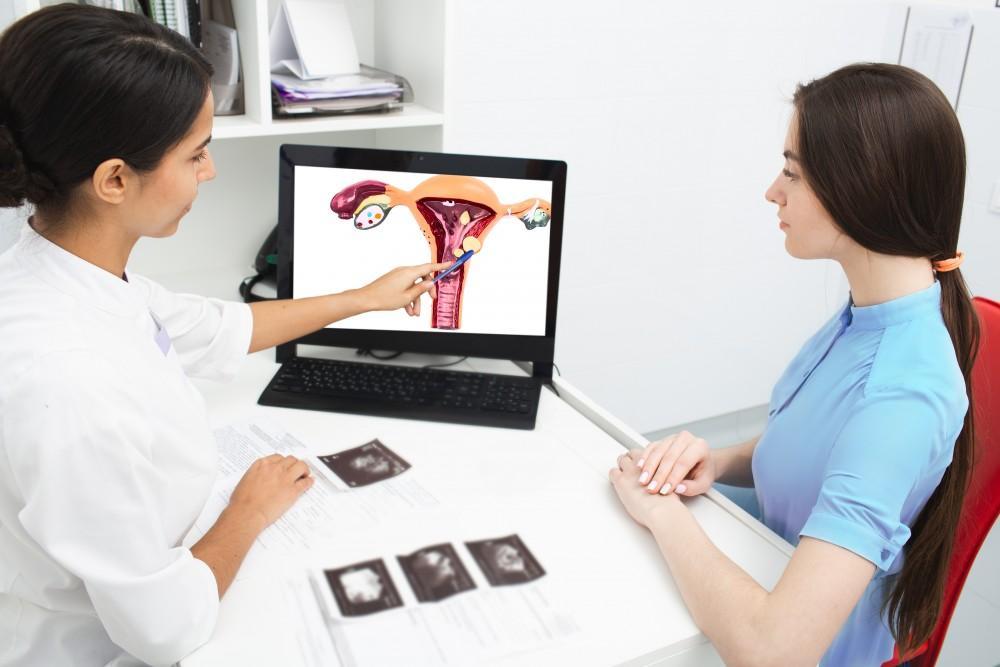
What to Expect From Your First 3D Mammogram
A mammogram is an X-ray of your breasts. It’s the best way to identify early...
Read MoreA mammogram is a breast X-ray that detects changes in your breast tissue. It’s one of the best ways to identify breast cancer when it's still in early stages and at its most treatable. In fact, about 87% cases of breast cancer are diagnosed following mammograms.
Experts agree that regular mammograms are essential for preventive care — but when should you have your first mammogram? And how often do you need to get one? The answers you get can vary, and it’s not always easy to know if you’re on the right schedule.
Our team at The Women’s Center is here to help. We work with women of all ages to assess their risk of breast cancer and develop a mammogram screening schedule that fits their needs.
If you’re wondering whether you’re getting the preventive screenings you need, start here.
Mammogram screenings detect and track changes in your breast tissue. Regular screenings are an effective way to identify signs of breast cancer, but when to start getting mammograms and how often you need them can vary.
The American Cancer Society recommends that women of average risk have their first mammogram by age 45. Between the ages of 40 and 44, you may be able to start getting mammograms if you wish to do so.
Some women may have a higher risk of developing breast cancer than others. In these cases, experts often recommend scheduling mammograms beginning at age 40 or earlier.
When you start getting mammograms may depend on your risk of developing breast cancer. Any woman can get breast cancer, but some factors could increase your risk.
Factors that could make breast cancer more likely for you include:
Remember that having risk factors doesn’t mean a breast cancer diagnosis is inevitable. However, it may mean that you could benefit from earlier or more frequent cancer screenings.
At The Women’s Center, our doctors evaluate your family history and personal medical history to help you determine your risk of breast cancer. If you have a higher risk, our team may recommend scheduling your first mammogram earlier than the general recommendation.
After your first mammogram, you should get annual mammograms until about age 55. That means whether you get your first mammogram around age 45 or you start screenings earlier, you should get one each year after you start.
At age 55, you may be able to choose whether you want to get mammograms once every two years or continue getting them annually. You should continue mammogram screenings as long as you’re in good health and you expect to live another 10 years or longer.
Annual or biennial mammograms are typically enough if your results come back normal. However, if you receive abnormal mammogram results, you may need another screening mammogram or a diagnostic mammogram.
Having dense breasts can affect your screening results. Because dense tissue appears white on X-ray images, it may make identifying changes more difficult. If you have dense breasts, talk to our team about your mammogram screening options.
Still not sure if you’re on the right mammogram schedule? Meet with our team to evaluate your risk factors for breast cancer and get a personalized recommendation for screenings. Call the Orlando, Florida, area office nearest you or book an appointment online now.




A mammogram is an X-ray of your breasts. It’s the best way to identify early...
Read More
About 1 in 10 women has ovarian cysts. These small growths form on your ovaries,...
Read More
If you and your partner have decided you’re ready to start growing your family, you’re...
Read More